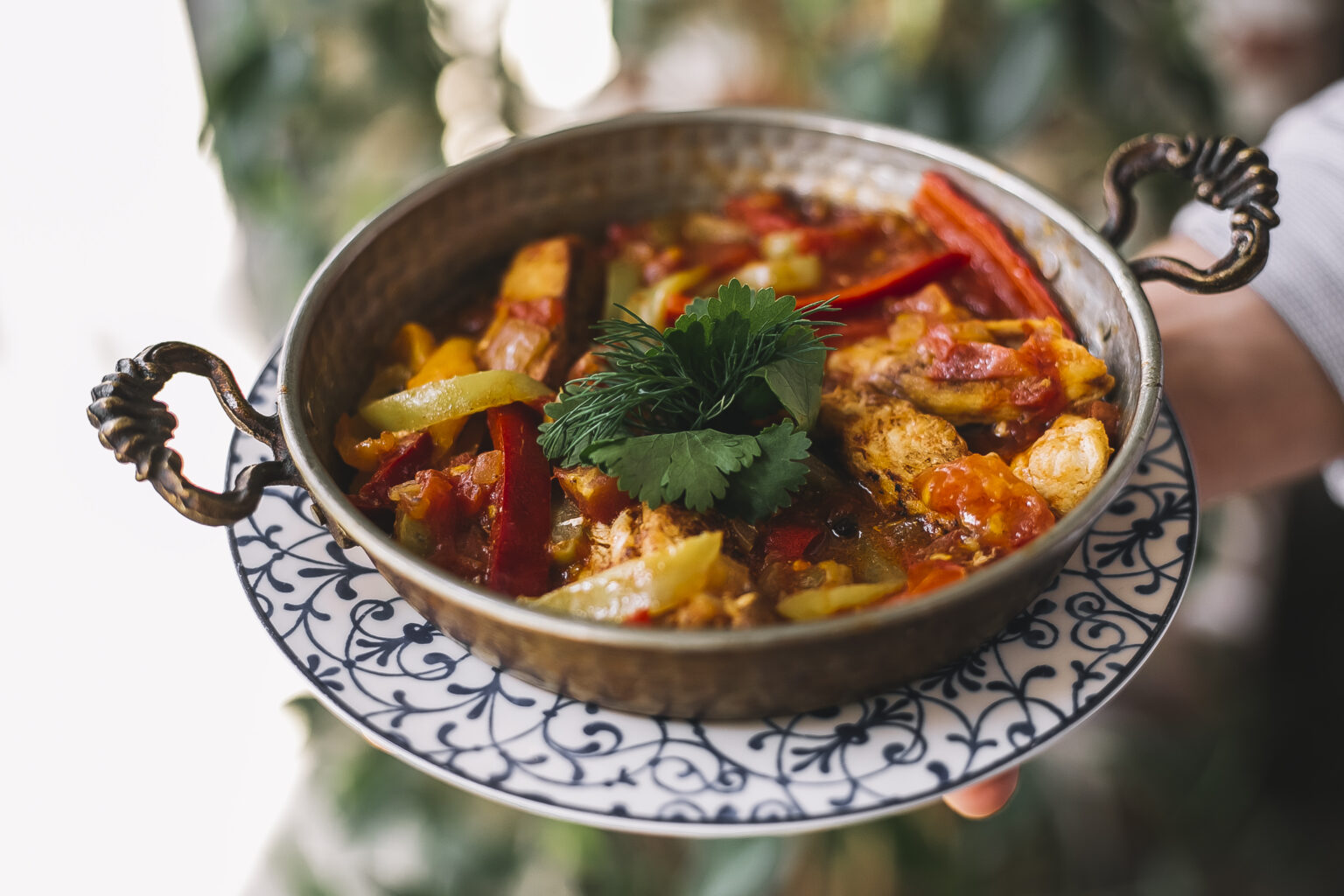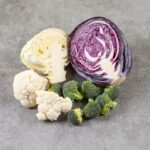Waterblommetjiebredie, also known as Cape pondweed stew, is a traditional South African dish that has been enjoyed for centuries, particularly in the Western Cape. The name “Waterblommetjiebredie” translates to “small water flower stew,” referring to the waterblommetjies (Aponogeton distachyos) used in the dish. These water flowers are harvested from dams and ponds during the winter months and are the star ingredient of this hearty, flavorful stew. Here’s how you can prepare this beloved South African delicacy at home.
Ingredients
To make a classic Waterblommetjiebredie, you will need:
- 1 kg lamb or mutton, preferably with bones (shoulder or neck cuts work well)
- 500g fresh waterblommetjies, cleaned and trimmed
- 2 large onions, finely chopped
- 2 garlic cloves, minced
- 4 potatoes, peeled and quartered
- 2 tablespoons vegetable oil
- 1 teaspoon ground coriander
- 1 teaspoon ground cumin
- 1 teaspoon ground black pepper
- 2 tablespoons fresh lemon juice
- 1 cup chicken or vegetable broth
- Salt to taste
- Freshly ground black pepper to taste
- Fresh parsley or thyme for garnish (optional)
Instructions
1. Prepare the Waterblommetjies:
- Soak the waterblommetjies in salted water for about an hour to remove any dirt or grit. Rinse thoroughly and drain well. Trim any tough stems or damaged parts.
2. Brown the Meat:
- In a large pot or Dutch oven, heat the vegetable oil over medium-high heat. Add the lamb or mutton pieces and brown them on all sides. This should take about 5-7 minutes. Remove the meat and set it aside.
3. Sauté the Onions and Garlic:
- In the same pot, add the chopped onions and sauté until they are translucent, about 5 minutes. Add the minced garlic and cook for another 2 minutes.
4. Add the Spices:
- Stir in the ground coriander, cumin, and black pepper. Cook for another minute to release the spices’ aromas.
5. Simmer the Stew:
- Return the browned meat to the pot. Add the chicken or vegetable broth and enough water to cover the meat. Bring to a boil, then reduce the heat to low and let it simmer for about 1 hour, or until the meat is tender.
6. Add the Potatoes:
- Add the quartered potatoes to the pot. Simmer for another 20 minutes, or until the potatoes are nearly tender.
7. Add the Waterblommetjies:
- Stir in the cleaned waterblommetjies and lemon juice. Simmer for another 15-20 minutes, or until the waterblommetjies are tender but not mushy. Season with salt and freshly ground black pepper to taste.
8. Serve:
- Garnish the stew with fresh parsley or thyme if desired. Serve the Waterblommetjiebredie hot with rice or crusty bread to soak up the flavorful broth.
Tips for the Perfect Waterblommetjiebredie
- Choosing the Meat: Using lamb or mutton with bones adds depth to the flavor of the stew. Shoulder or neck cuts are ideal as they become tender and juicy when slow-cooked.
- Fresh Waterblommetjies: If you can’t find fresh waterblommetjies, you can use frozen ones. However, fresh waterblommetjies will give the best flavor and texture.
- Slow Cooking: The key to a rich and flavorful bredie is slow cooking. Allowing the stew to simmer gently ensures that the meat becomes tender and the flavors meld together perfectly.
- Adjusting Seasonings: Feel free to adjust the seasonings to your taste. Some variations of the recipe include a pinch of nutmeg or cloves for additional warmth.
Nutritional Information
Waterblommetjiebredie is a nutritious dish, providing a good source of protein from the lamb and vitamins and minerals from the waterblommetjies and potatoes. It is also relatively low in calories, making it a hearty yet healthy meal option
Waterblommetjiebredie is more than just a stew; it’s a culinary tradition that brings the taste of South Africa’s unique flora to the table. This dish is perfect for a family meal on a cold winter day, offering warmth and comfort with every bite. By following this recipe, you can enjoy a piece of South African heritage in your own home, savoring the delicious combination of tender meat, flavorful waterblommetjies, and aromatic spices. Enjoy your cooking adventure and bon appétit!








